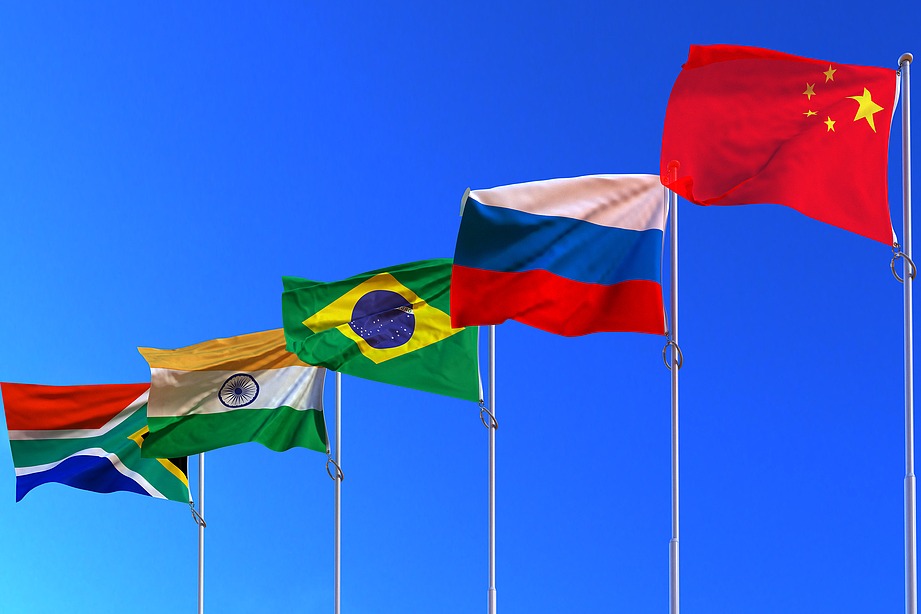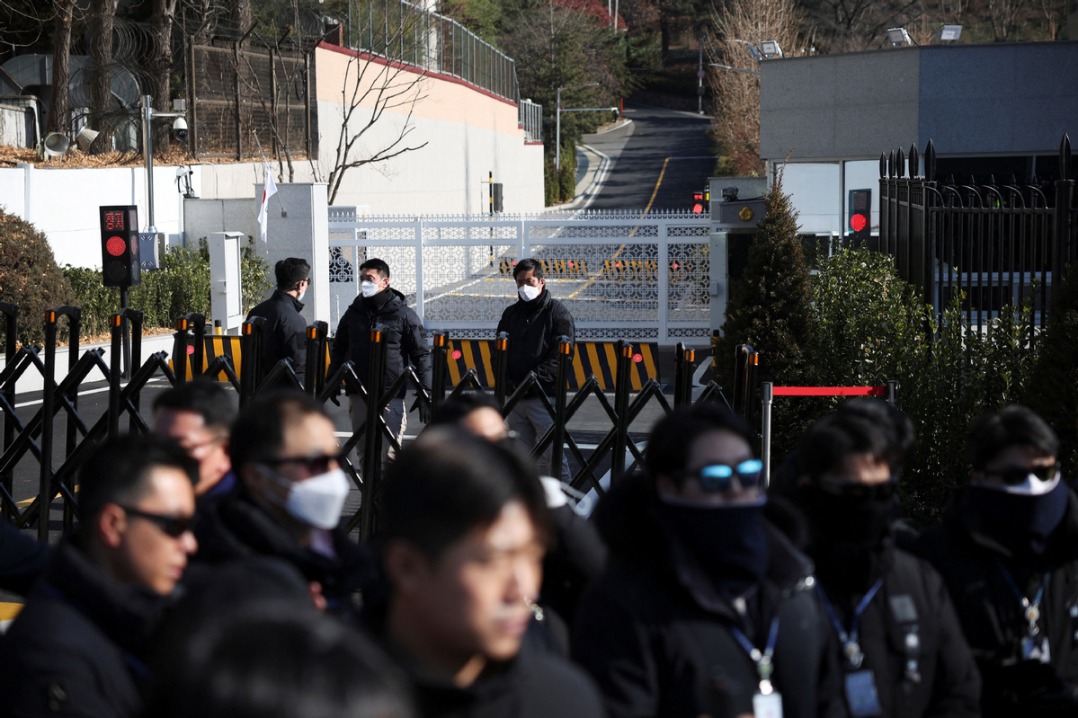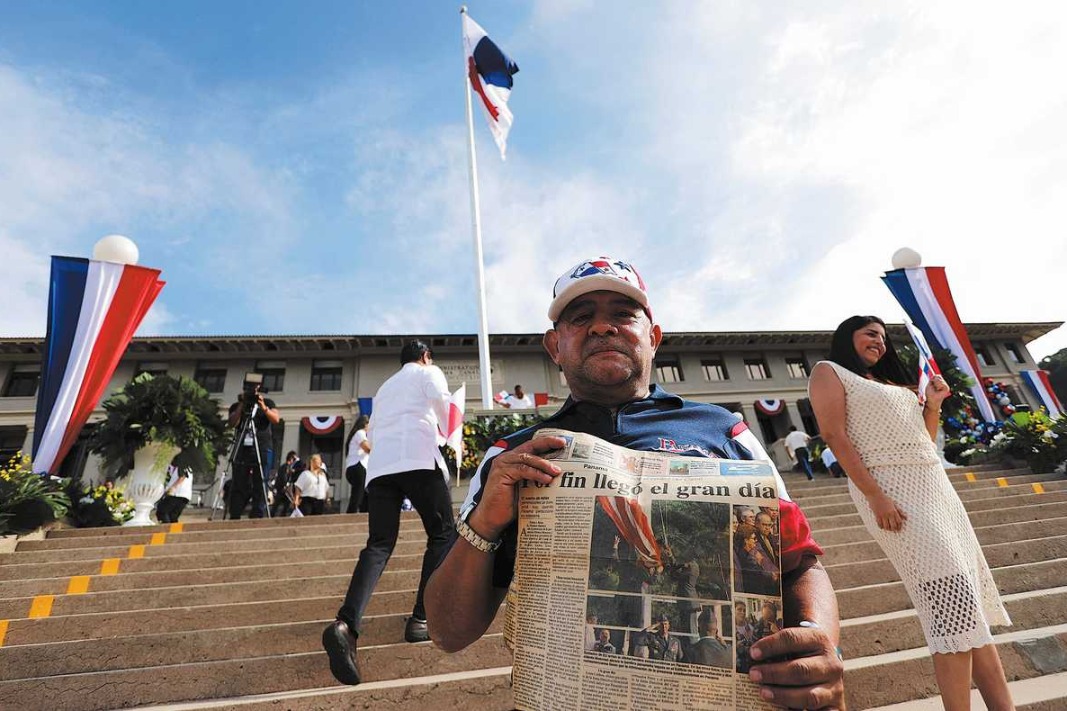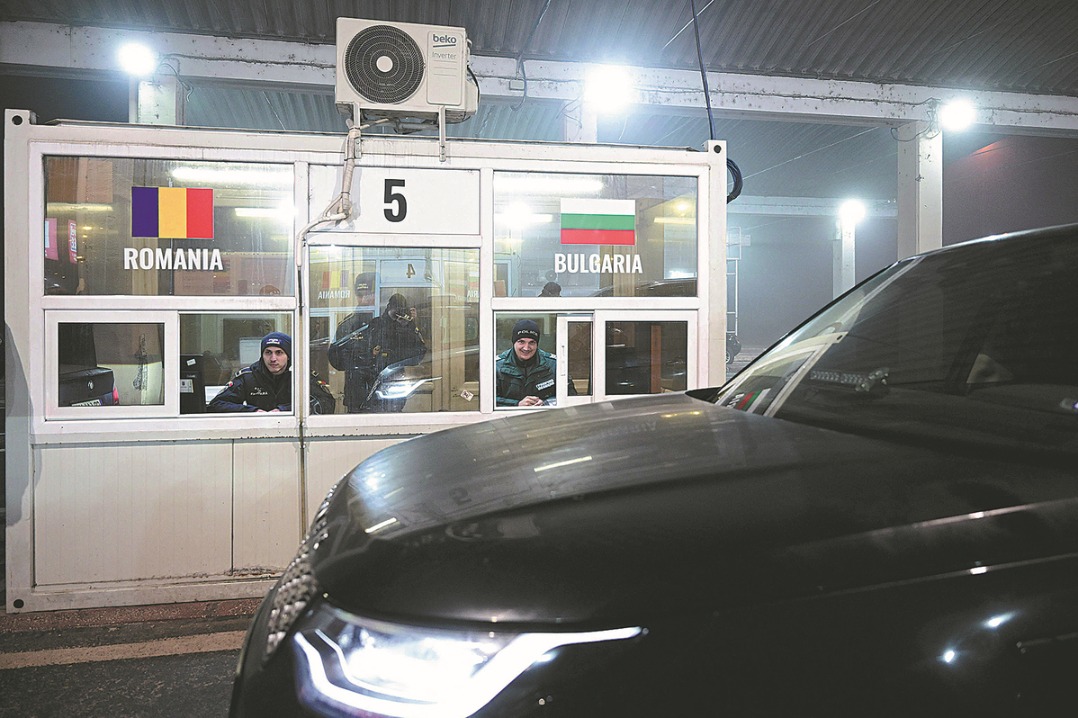Switzerland voters to decide pesticide issue

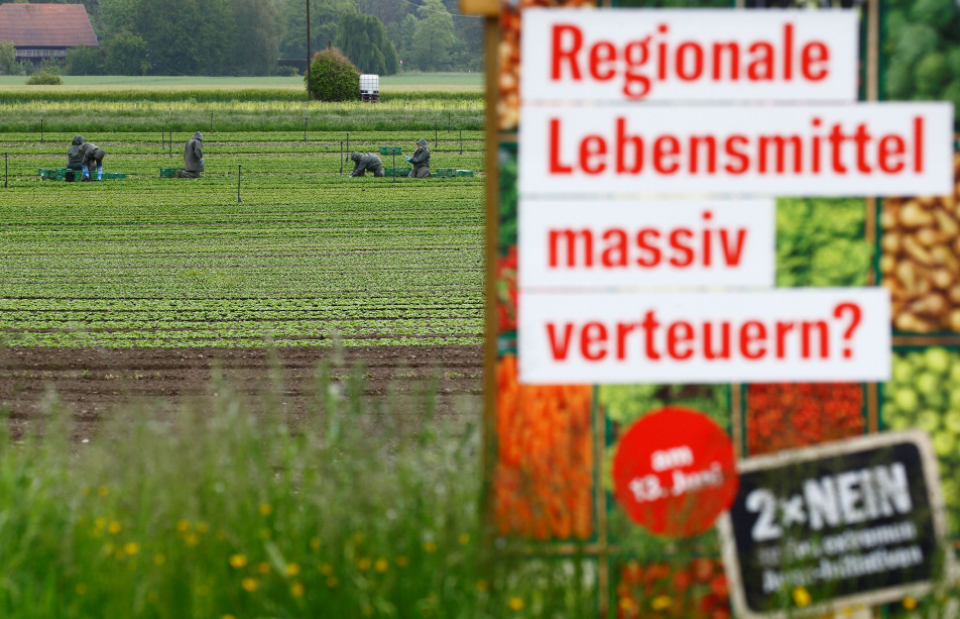
Switzerland held a batch of referendums on Sunday, including a vote on banning artificial pesticides in farming that has divided opinion.
Polls will also decide on proposals to combat terrorism, cut carbon emissions, and to provide emergency COVID-19 funding.
Under the Swiss system of direct democracy, all major decisions in the nation are made by public ballot.
Campaigners in Switzerland, which is not one of the 27 European Union member states, have been seeking to prohibit the use of synthetic pesticides within 10 years. Globally, the only other nation that has banned artificial pesticides is Bhutan, the BBC noted.
Another proposal seeks to end subsidies to farmers who use the pesticides, which are made by agrochemical giants, including Germany's Bayer and BASF, and Switzerland's Syngenta, which was bought by the Chinese giant ChemChina in 2017.
Levels of pesticides in water, and damage to plants, animals and insects, are now worryingly high, say the nation's nvironmentalists.
But the manufacturers say their pesticides are thoroughly tested and regulated, and that crop yields would decline without them.
"It's vital we stop the use of pesticides that are causing serious health problems for people today and storing up problems for the future," said Antoinette Gilson, a co-author of one of the proposals being voted on, the Pesticides Initiative, as quoted by Reuters news agency.
Swiss farmers say they already endure some of the strictest rules in Europe, and are strongly against the proposals. They say a ban would raise food prices, cost jobs and increase food imports.
BBC correspondent Imogen Foulkes said: "Even if voters reject a ban, this debate over pesticides has been so intense that it will not go away. Everyone agrees the country's pristine environment must be protected — they just do not agree on how."
The BBC reported that both proposals on pesticides are backed by young urban voters and the political left, while rural voters seem set to vote "No". The Agence France-Presse news agency reported that the Swiss government wants a double "No" vote, arguing the proposals would "undermine national food sovereignty".
New carbon dioxide laws being voted on would use tax policy to cut greenhouse gas emissions by 50 percent of 1990 levels by 2030, agencies said.
Laws on extending police powers to combat terrorism are expected to gain a majority vote, said the AFP.
The referendum on extending laws to combat the COVID-19 pandemic seeks support for hard-hit industries like restaurants and hotels; and culture, sport and media, said Reuters.

















